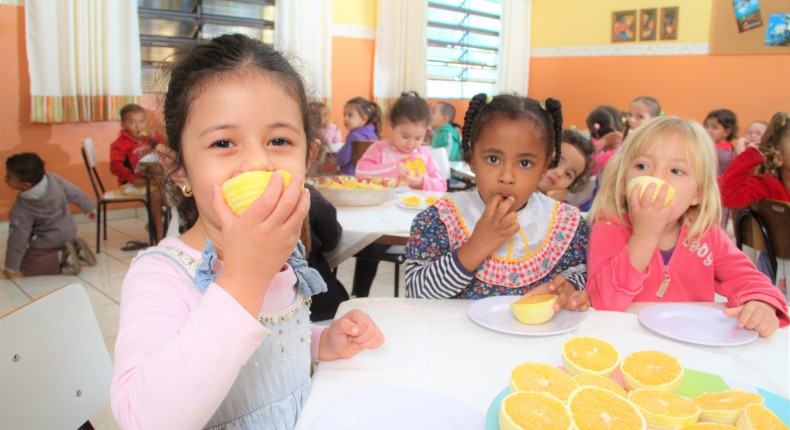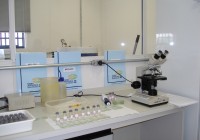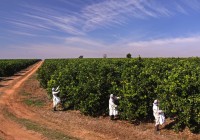29
set

How an inclusion program of orange juice in school lunch, implemented by the municipal government of Bebedouro, has made the consumption of the beverage among the town students reach the same level as the product’s main consumer countries.
In Bebedouro, a small town in the countryside of the State of São Paulo, the traditional school lunch in all municipal public schools has been a joy not only to the excited children there but also the orange producers in the region. That’s because over two years ago the municipal government implemented a project that has put orange juice in the students’ daily menu. The initiative has made the per capita consumption of juice, within the six thousand children covered by this action, reach similar levels and even higher to the ones observed in some of the main consumer countries in the world. In Bebedouro’s public schools the consumption already reaches a rate of 25 liters per children/year. Compared to countries like Germany and France, the volume is 23 and 21 liters per capita/year, respectively. The average is also close to Canada’s, where each citizen drinks an average of 29 liters of 100% fruit juice per year and way above Brazil’s, with an annual per capita consumption of 0.5 liters.
Although this rate is restricted to a small group, the initiative shows potential on the demand existent in the state’s public schools. “This project is important because, besides encouraging demand, it also creates a new generation of orange juice consumers and has a health impact on children who has free access to vitamin-rich foods”, says Bebedouro’s mayor, Mr. Fernando Galvão.
The model implemented in the town counts on the participation of local companies, producers and co-operatives that provides juice and also peeled oranges to be served to the students. A total of 162 thousand liters of juice are distributed per year and around 7 thousand peeled oranges. According to the municipal government, 29 primary and middle schools are involved in the program. In order to do this work, the town has two machines, nicknamed “mechanical cows”, responsible for packing 200ml juice bags which are sent to the schools. Each machine has a capacity to pack up to 1800 juice bags per hour. “It’s a project that rescues a citrus tradition in our region and contributes to the students’ health”, says Mr. Galvão.
- |

